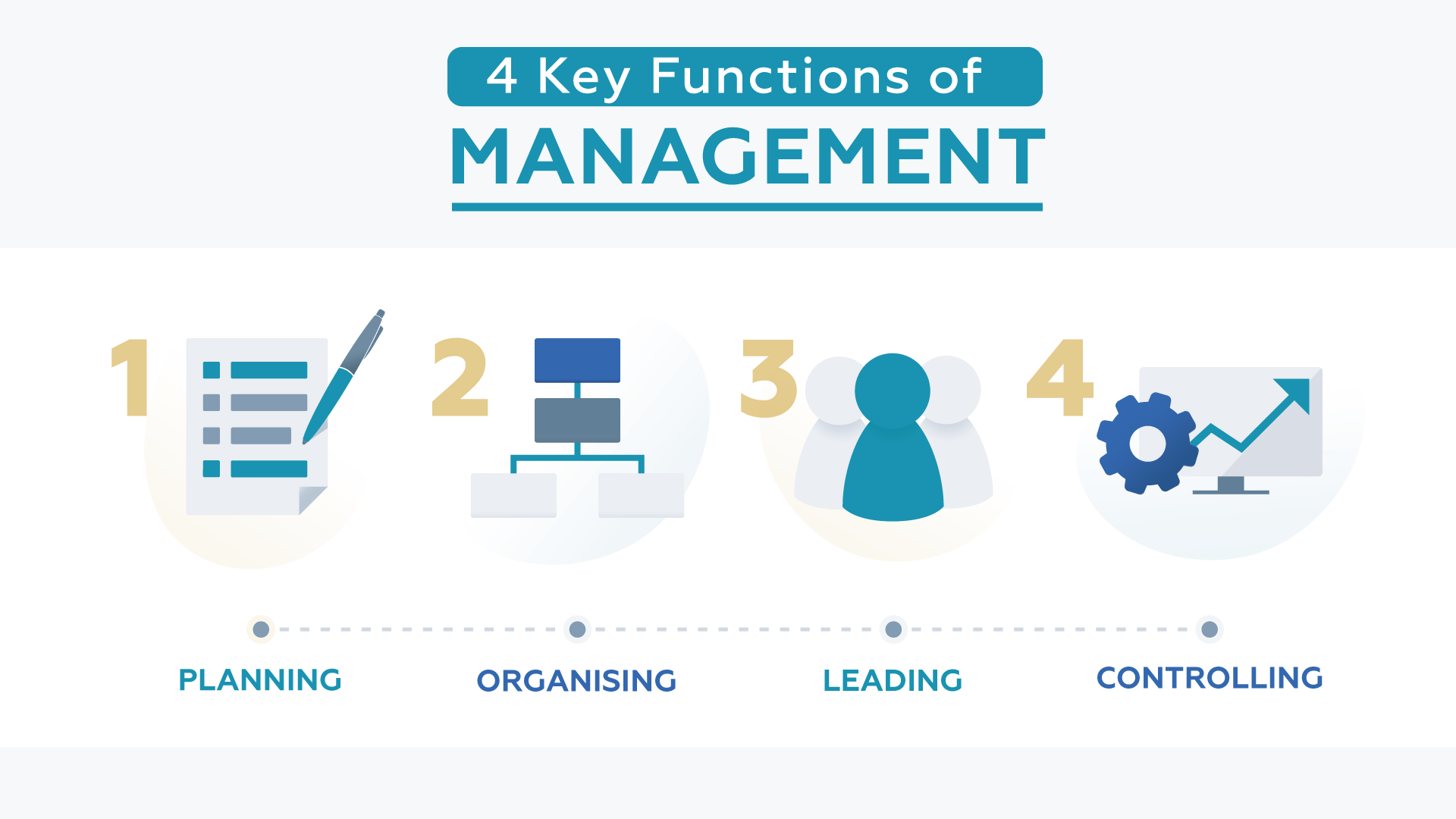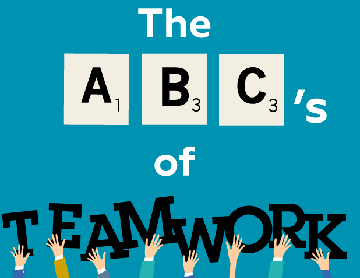Are you a Manager or a Leader… What’s the difference?

Over recent years there’s been an abundance of articles highlighting the differences between Managers and Leaders.
Many of these articles compare the characteristics of Managers against those of Leaders, as if they were entirely different and separate roles, usually characterising them at totally opposite ends of the personality spectrum.
Managers
Managers are often portrayed as the Black Hats – focused on results and numbers-driven by processes and systems, whilst showing little empathy, care or consideration for their people.
Leaders
Leaders, on the other hand, are often portrayed as the White Hats – charismatic and innovative change agents who engage and inspire others through displaying care and consideration.
What’s the difference?
The reality is that these are not two distinct roles. Nor are they opposites.
Management and Leadership are inseparable in today’s organisations. Those in Management/Leadership positions must incorporate the qualities and characteristics of both Manager and Leader in their roles. They go hand in hand.
Nor is it a situation of just Black or white. It’s more like 50 Shades of Grey when it comes to the level and mix of Management capabilities with Leadership competencies and characteristics required today.
The traditional model of management, in which leadership was considered one of the 4 functions of management, has evolved over the last 50 year.

PLANNING, ORGANISING, LEADING & CONTROLLING
In the world, the 60’s, 70’s, 80’s and 90’s most management structures were more hierarchical with more layers of command. Managers’ roles generally, concentrated on producing outputs according to standard processes as efficiently and effectively as possible. During this time, employees held greater respect for the authority vested in the position of a supervisor or manager (Positional Power). Generally, there was also a higher regard for a manager’s age and experience.
THE WORLD HAS CHANGED.

In today’s fast-moving world, the “Status Quo” is extinct. Continuous improvement, innovation, agility are the focus and nature of our competitive business world today.
People now challenge the status quo of titles, authority, age and experience. A title or position is no longer sufficient to ensure they can achieve the best results out of people. Employees today judge their managers and leaders on their actions, attitudes, behaviours and leadership competencies.
To perform effectively in a Management / Leadership role in organisations today, people require a much higher degree of leadership than in the past. But they must also have capabilities in the other 3 areas of management.
Where Your Authority Comes From
As a supervisor or manager, your authority is derived from your position in the organisation. This is your Positional Power. You have been appointed to represent management to those for whom you are responsible.
Your team’s knowledge of the organisation’s vision, values, goals and expectations come through you. Your position gives you the authority and the responsibility to make decisions and to allocate resources to reach the team’s quality and productivity objectives and goals.
Exercise Your Authority Effectively
How you exercise the authority of your position determines the results you are able to achieve. Those who take an authoritarian or command approach, purely using their Positional Power, achieve limited results from their people.
However, exercising true leadership is moving beyond the Positional Power of your title into developing your Personal Power through earning the respect and trust of those you manage.
Managers who understand that they must develop their Personal Power in order to more effectively exercise their Positional Power, are the successful leaders of today and the future.
Their ability to lead, direct, engage and influence the behaviour of others is based on their ability to earn the respect and trust of others. Yes, they still focus on outcomes and still demonstrate skill in planning, organizing and controlling.
Leadership goes beyond and enhances management. Genuine leadership involves gaining engagement and commitment from those you manage, so they, like you, understand and willingly play their part in the overall purpose and success of the organisation.
Leadership involves the ability to communicate, to enable and to empower people to take meaningful and productive actions. Leadership is creating exceptional results for and through people.
Summary
So, in summary, you are both a Manager and a Leader with the power to exercise and develop both your Management capabilities and Leadership competencies.
Become a highly effective and respected leader
Whether you’re an experienced leader or aspiring to become one, there are steps you can take to grow your skills, knowledge and capacity to motivate and inspire. LMA offers a range of short courses and in-depth development programs that support your key people to excel in this arena, effectively unlocking the potential of your entire team.
Explore our Leadership & Management Courses today, and see our upcoming course dates and locations in our current course schedule.





